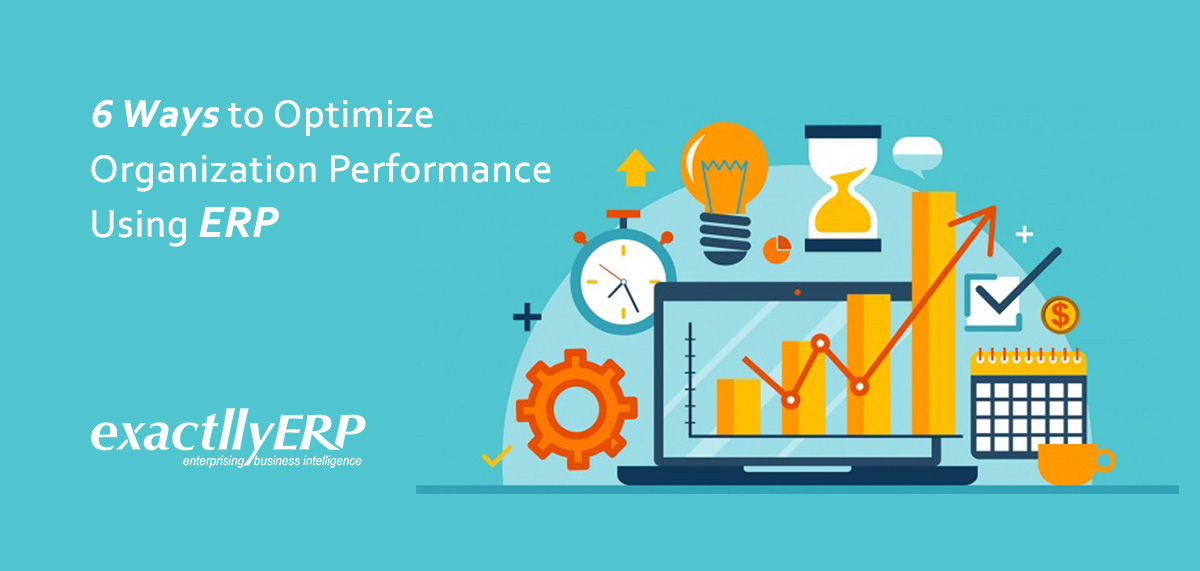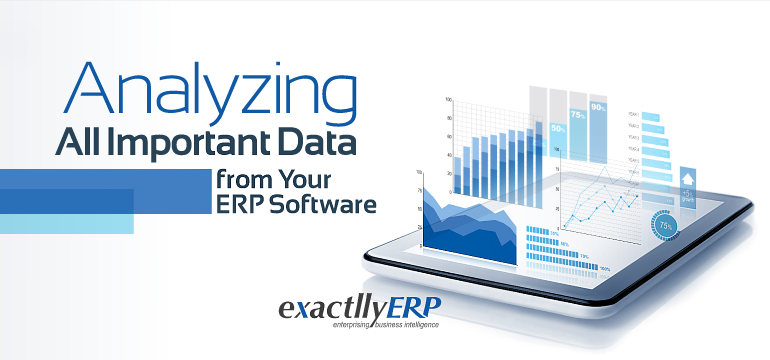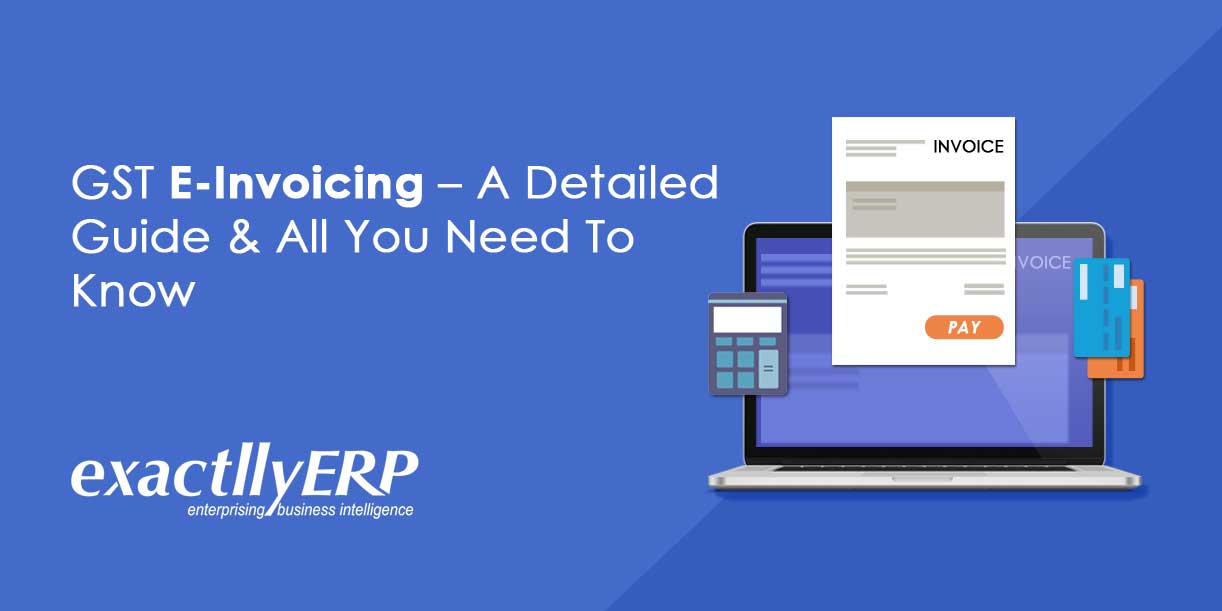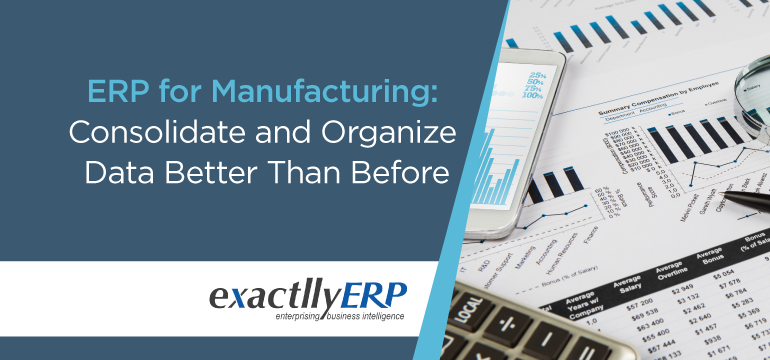How ERP Helps You Implement Intelligent Manufacturing
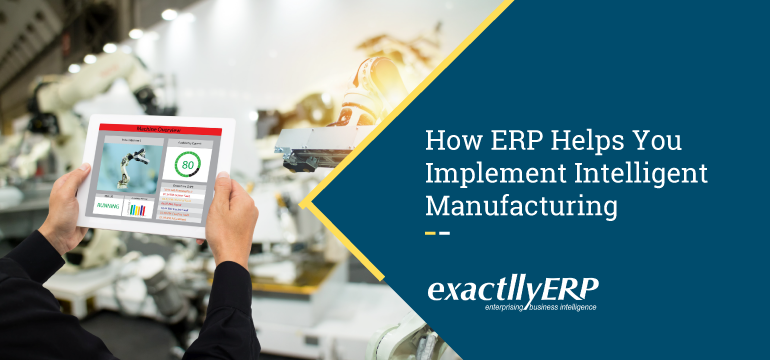
Though the general economy in the US and elsewhere is slowing down, manufacturing is set to grow 3.9% in 2019. However, in the next couple of years, the growth manufacturing may slow down too, with an expected rate of 1.9% in 2021. If you are worried that your manufacturing unit may face difficulties in these murky times, consider implementing intelligent manufacturing alongside ERP. Though most people associate ERP with backend processes such as inventory management, customer support, order processing, etc, it can quickly help you implement smart manufacturing as well. Smart manufacturing depends on emerging technologies such as predictive analytics, artificial intelligence, machine learning and Internet of Things (IoT).
In this article, let us take a look at how you can use ERP to engage in intelligent manufacturing and improve your bottomline figures.
1. Predictive maintenance
Studies show predictive maintenance not only helps you reduce costs, but also improves customer satisfaction. Think about how many complaints and bad reviews you can avoid if you can predict when your products need servicing and you arrive at the doorstep of your customers well in advance. An ERP can be integrated with sensor technology to track device functioning and assist your backend teams to communicate with product owners when their products need to be serviced. This helps in eliminating crisis-driven maintenance of products. While it certainly reduces your operational costs, the biggest benefit is in terms of happy customers.

2. On-demand support
Research shows that customers are the happiest when they can contact customer support at their will. However, this can prove to be expensive for most manufacturers, especially when they are still growing or when the manufacturing industry is witnessing a slowdown. Artificial intelligence can help customers to interact with your products on-demand. When customers have questions regarding products and need support, they can interact with artificial intelligence tools that provide 24/7 support. These tools can be integrated with your ERP to make customer support more efficient and available on demand. Support can also be provided based on data collected by sensors and continuously processed by your ERP.
3. Efficient inventory management
One of the biggest hurdles that manufacturing units face today is their inability to replenish inventory on time. ERP can help in manufacturing intelligently when raw materials and spares can be ordered and replenished based on data collected by sensors in production lines. Instead of depending on reports collected and created by production line supervisors, you can depend on sensor-driven reports generated by ERP. This helps you to manage your inventory efficiently and get your products in the market on time. This will also help you to process orders quickly and efficiently, without making your customers be on the waitlist.

4. Richer insights and accurate predictions
Intelligent manufacturing depends on accurate forecasts and insights. Thanks to IoT sensors and predictive analytics, it is easier than ever to make predictions that truly matter. As most manufacturing units know, forecasts and insights can be erroneous unless the data is rich and varied. Integrating your ERP with sensors will help you collect real-time data while predictive analytics will help you generate reports that are accurate. Tools can be developed to help your ERP collect data from production lines and acxtunal finished products, so that your forecasts are as close to reality as possible.
5. Reduction in expenditure
ERP and intelligent manufacturing are a smart combination that results in reduction in expenditure. You will be able to reduce the number of times a product is replaced or fixed, because it can be serviced even before customers realize the need for servicing. In addition, you will be able to manage your inventory so efficiently that you will reduce a lot of expenditure during manufacturing. Intelligent manufacturing also helps you to pick and choose spares, raw materials and product features that help you improve your bottomline figures. As you can see, ERP is a valuable adjunct to make your manufacturing more intelligent, especially in a world that has come to rely upon sensors.
ERP could just be what you need to revive manufacturing
ERP can be used alongside practically every emerging technology. This gives you a window of opportunity to make up for lost time and implement artificial intelligence, predictive analytics and sensor-based maintenance and support in your manufacturing enterprise. This will help you to face the tides of a slowing economy and sluggish manufacturing growth. You can capitalize on predictive maintenance, which will directly and indirectly help you reduce costs. In addition, you can also manage your inventory better when you know which spare parts need to be replaced and when you make accurate predictions that lead to reduction in manufacturing costs.
If you would like to understand how ERP can be integrated with emerging technologies, especially artificial intelligence, predictive analytics and sensor-based manufacturing, contact us today for customized consultation.


